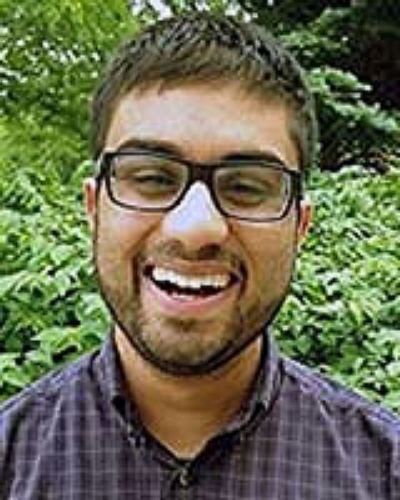Now published, see the full article 
Early Abstract:
Community health workers (CHWs) connect patients in rural and remote communities to health service organizations. This diverse group of health care workers have aided in improving health care access and outcomes and enhancing the quality of life for people in hard-to-reach communities. However, CHWs face numerous challenges rooted in the socio-cultural milieu of the region and country in which they reside. In this systematic review and qualitative meta-synthesis of 38 studies, we examined the socio-cultural challenges that CHWs experience, focusing on the unique history, geography, and socio-cultural milieu of South Asia. This study found the following challenges that CHWs regularly face when working in communities: religious and cultural norms and practices, gender and biological sex, caste, and generation. All challenges in some way relate to one another and stem from the unique socio-cultural milieu of South Asia, and the various subcultures that exist in this diverse region. This paper presents important guidance for program planning and CHW deployment that reflects the socio-cultural realities of practice. The findings of this investigation may serve as an essential resource for program planners and decision-makers in improving the effectiveness and reach of CHW programs.

